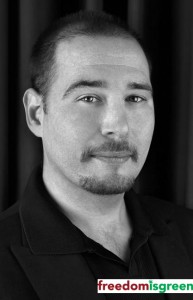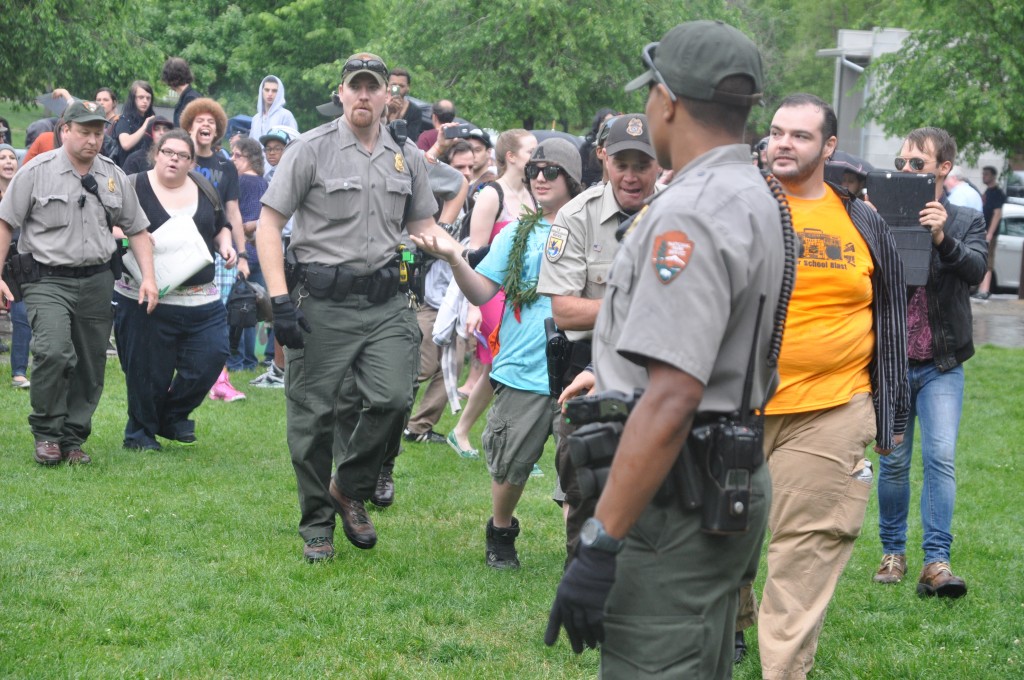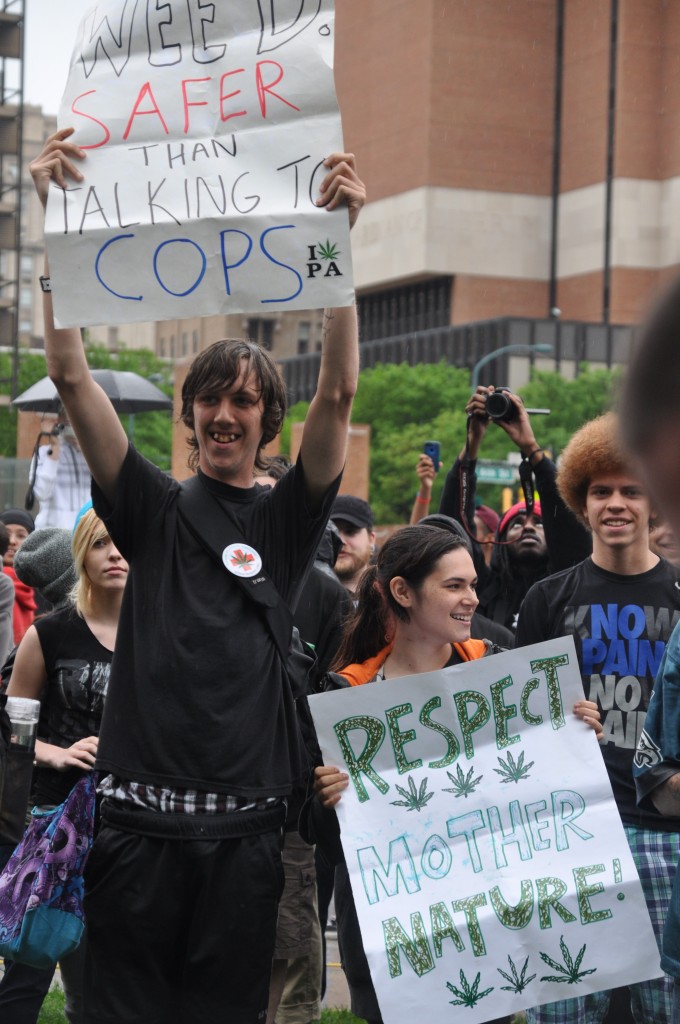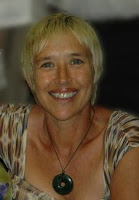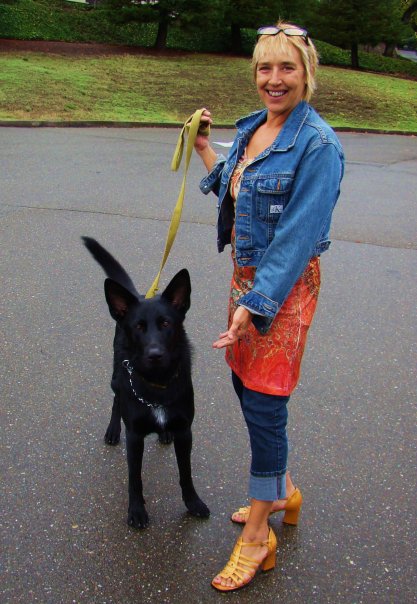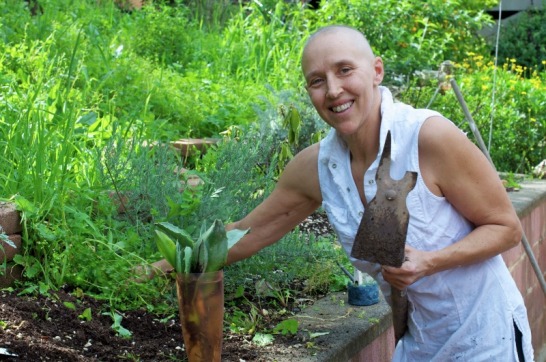7/14/2011- Tubbs and Crockett could be issuing tickets for pot possession and saving their city’s tax dollars. Popular tourist destination Miami Beach is cranking up the heat for cannabis reform. Some dedicated advocates have spent the last year gathering 9,000 signatures for a decriminalization measure. This week the petition was submitted to the Miami Beach City Commissioners.
The reduction in penalties would mean that adults caught with less than 1 ounce of cannabis would face a $100 fine and no criminal record. That would be a big change from the possible year in jail and $1000 fine currently for up to 20 grams of pot.
Some nationally prominent marijuana activists are residents of the Miami area and have given significant momentum to the cause.
Robert Platshorn served the longest sentence in history for a non-violent marijuana offense: 28 years. He is involved with the campaign and was on the scene this week: “We went in to present the 9,000 signatures and ten of us also testified. Now we’ve verified most of them [signatures]. If 6,400 are verified they have to put it on the ballot or call a special election. The only concern by Commissioners was triggering a special election in these tough economic times. That would cost the city about 250,000 dollars.”
Although concerned about the technical details the Miami Beach Commissioners, including Mayor Matti Herrera Bower, did take the issue seriously. “They were really very receptive to the petition,” Platshorn said, “where we didn’t have a sponsor on the commission; we do now. They all made statements that they were not against it. Again, we were very well received….many of the speeches got applause from the Commissioners.”
Irvin Rosenfeld is one of the few federal medical marijuana patients and garnered some of those applause. Rosenfeld’s tins of 300 cannabis cigarettes are manufactured by federal authorities under a program created in the late 1980’s.Florida saw a state medical marijuana resolution introduced earlier this year but there was no legislative action.
“I care about medicine getting to patients,” said Rosenfeld,”decriminalization helps patients because now they don’t have to worry about being arrested.”
He brought his tin of cannabis to show the Commissioners, “I asked them to hold up their hands and asked if they paid federal taxes. And they all raise their hands and then I took out my tin – I said ‘Isn’t it silly that city police would be spending time and money chasing people down for the same thing you paid for that helps me!’”
Platshorn said that he was optimistic after the meeting, “The actual outcome was as good as we could hope for. We got a realistic appraisal.”
Basically the Commissioners would rather place the ballot on the election in 2012 rather than endure the cost of a separate election just for the decrim measure. This was not lost on activists. “The whole point here is to save the city money,” said Irvin Rosenfeld.
But there is another option where the penalty reductions could simply be adopted without an election. “The City Charter says that if we get 6,400 verified signatures that they may be obliged to call a special election, “ said Platshorn, “So they were willing to consider the possibility of a resolution just to pass the change in penalties on their own.”
The massive amount of tourists in Miami Beach was part of the challenge for the petition. Signature gatherers would be mobbed at popular locations but only a few in the interested crowd would be local voters. They had to shift strategies netting a few signatures at a time with more frequent outings to places like supermarkets.
A strong base of student activism was key to the petition drive, “Miami University, FAU, Florida Central NORML chapters…it really has been terrific down here. Eric Stevens did an amazing job,” said Platshorn, adding, “Then Rakontur Films really did a wonderful thing by supporting this too.”
Platshorn’s story was told in the documentary Square Grouper from Rakontur that showcased the common trade of South Florida marijuana smuggling in the 1970s. The film company gave much needed funding to the effort.
But the same tourism that made voters hard to sift out was another reason for decriminalizing in Miami Beach. There are now sixteen states with legal medical marijuana. Irvin Rosenfeld points out that medical cannabis patients may have been avoiding the area because of the harsh prohibition laws.
“Say I’m a patient in Maine and have to go to a wedding to go to in Miami? Now it would also be safer for patients who are also tourists or here visiting family,” said Rosenfeld, ”there would at least be that security.”
It will take some time for Miami Beach to officially verify the petition signatures but the organizers are confident. Bob Platshorn was inside federal prison for three decades over marijuana, emerging with his head up to re-build his life and family. He also resolved to change the law.
“I honestly believe that Miami Beach will be the first city in Florida to decriminalize.”
Chris Goldstein is a respected marijuana reform advocate. As a writer and radio broadcaster he has been covering cannabis news for over a decade. Questions? [email protected]